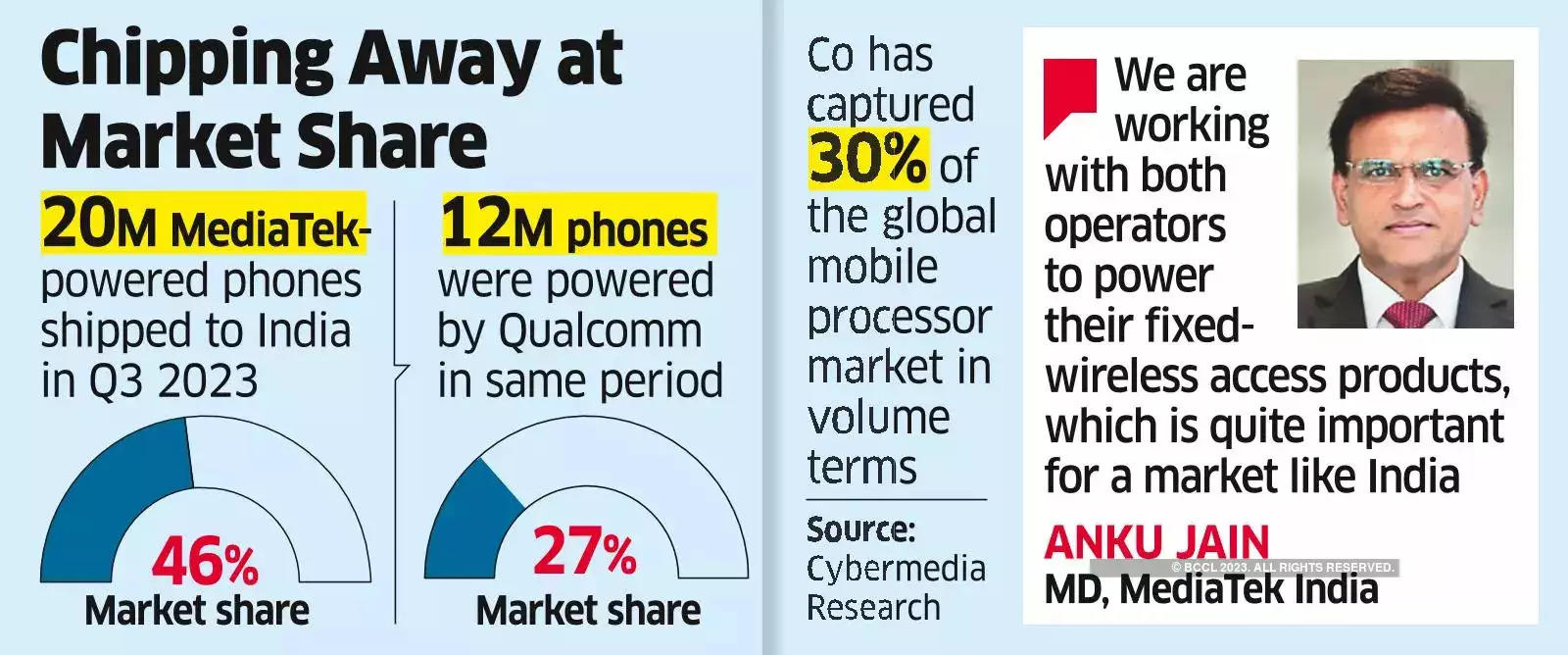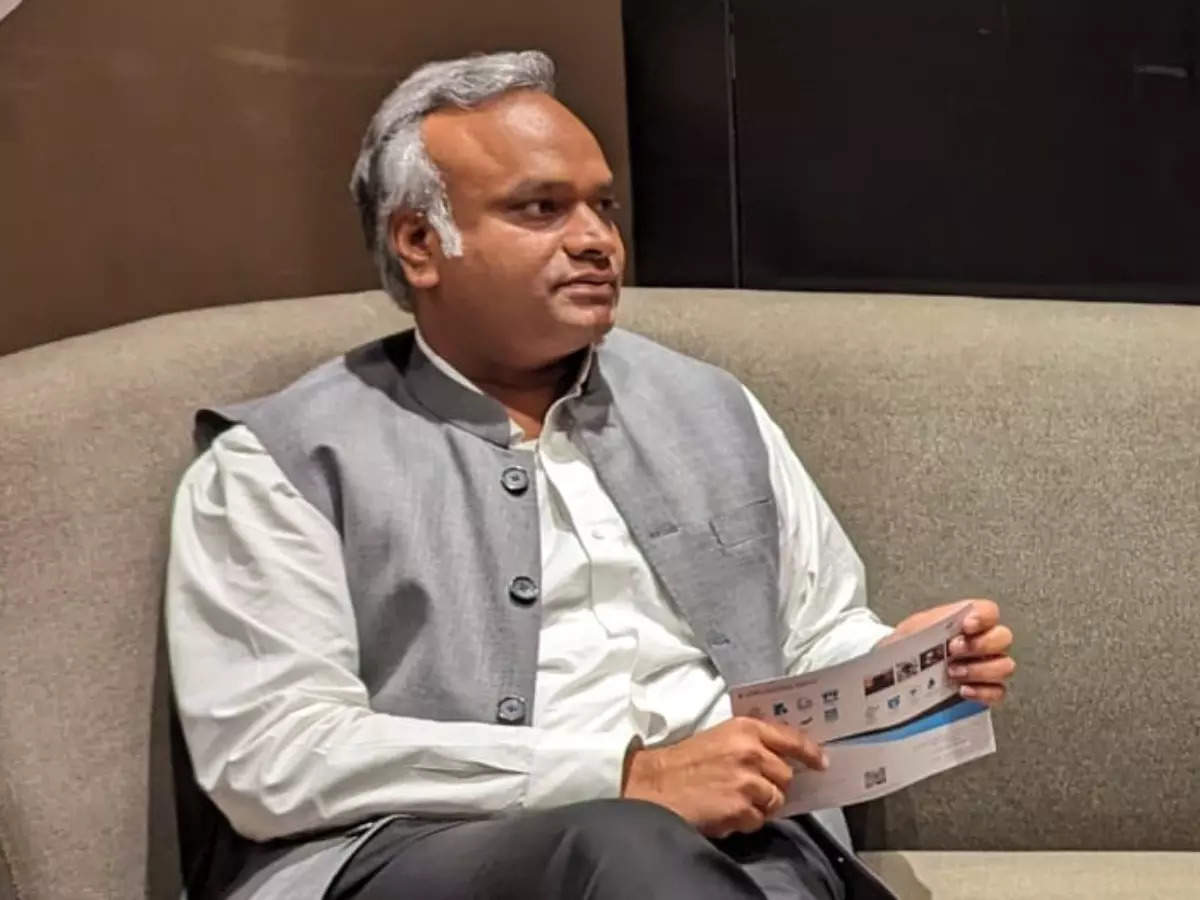Also in this letter:
■ Karnataka IT minister on online gaming troubles
■ Food sustainability on Indian tech firm’s plates
■ Lightrock India’s Kushal Agrawal to leave by month-end
Pepperfry sees marginal drop in loss, revenue up 10% in FY23
Ashish Shah, CEO, Pepperfry
Mumbai-based omni-channel furniture and home goods company Pepperfry marginally narrowed its losses for the fiscal year ended March 2023, while recording a 10% year-on-year rise in operating revenue to Rs 272.3 crore.
Financial highlights: The company reduced its losses to Rs 187.6 crore in FY23 from Rs 194 crore in FY22. The losses came down as the company’s expenses rose at a slower pace — 3.5% year on year in FY23 — than its topline.
Pepperfry’s total expenditure stood at Rs 474.1 crore in FY23, up from Rs 458.1 crore in FY22. The increase happened mainly on account of rising employee benefit expenses, finance costs and depreciation expenses.
Revenue dynamics: The Pidilite-backed company’s income from commissions through the sales of goods and articles through its platform was its primary revenue generator, at Rs 241 crore, or 88.5% of the total operating revenue.
Leadership transition: On September 5, Pepperfry said it was elevating cofounder Ashish Shah as chief executive following the demise of cofounder and CEO Ambareesh Murty a month earlier. The company said in September it had raised $23 million in from existing investors.
IPO plans: Pepperfry had been working on an initial public offering, with plans to raise $300 million via sale of new stock as well as a secondary offering of shares.
Indian tech firms to be key driver for global AI: Microsoft’s Ahmed Mazhari

Ahmed Mazhari, president, Microsoft Asia
While Indian IT and ITES will power the next generation of AI software platforms, the overall Indian tech sector will play a major role in the development and adoption of artificial intelligence (AI) globally and fulfilling global market demand, Microsoft Asia president Ahmed Mazhari told ET in an exclusive chat.
AI & India: Mazhari said AI could unlock up to $621 billion in productivity for the country, according to a recent survey conducted by Microsoft. “That creates excitement and therefore cements our role in the economic progress of India,” he said. Microsoft’s AI offerings are driving developer productivity for companies like Infosys and Indigo.
Github presence: As many as one in four AI projects on the Microsoft-owned open source software development platform Github comes out of India, Mazhari noted, adding that India is set to cross the US in terms of the number of developers on Github and become number one by 2027.
What’s more at play: According to Mazhari, apart from AI, the other ‘critical layers of opportunity’ for India in terms of technology are with homegrown startups like HR tech company Darwinbox, and mobile marketing platform InMobi, that are going global. In addition, the Indian government’s efforts to take India’s digital public goods stack to other developing countries also presents an opportunity.
MediaTek looks to rival Apple and Qualcomm: Taiwanese chipmaker MediaTek, which owns 30% of the global market share (volume) in the mobile processor market, is gunning to take on US rivals Qualcomm and Apple with the launch of its latest line-up of flagship mobile processors focussing on high performance and generative AI capabilities.
Quote, unquote: “Internally, we used to say we are a very good follower, being very efficient and effective in following the technology. But in the last five-six years, the mindset has changed to wanting to become technology leaders,” said MediaTek India managing director Anku Jain.

Point to be noted: As per Cybermedia Research, as many as 20 million MediaTek-powered phones were shipped to India in Q3 2023, capturing 46% market share, compared to 12 million powered by Qualcomm, with a 27% market share in volume terms.
Also read | Explained: EU’s ‘historic’ agreement to regulate AI
Karnataka IT minister warns Centre’s policies could kill jobs in online gaming sector

Karnataka IT Minister Priyank Kharge
Karnataka minister for information technology and biotechnology Priyank Kharge hit out at the union government for killing opportunities in the ‘sunrise sector’ of online gaming with its “unrealistic and unreasonable” demands.
Word for word: “The gaming companies want to be regulated, but Central Govt is being unrealistic & unreasonable with their demands, which is not only killing employment in the sector, but is also driving away gamers to Chinese & European gaming sites where they are getting duped,” the minister said in a post on X.
Numbers: The minister laid out the following figures in his post:
- India has 1,400 online gaming startups
- 430 crore gaming apps downloaded in 2023
- India’s online real money gaming (RMG) segment enterprise has a valuation of Rs 1,60,000 crore
- Corporate tax and TDS contribution by RMG sector between FY24-FY28 estimated at Rs 6,500−6,800 crore
- GST contribution during the same period could be around Rs 76,000 crore
Background: The GST Council had in July decided to tax online gaming, casinos and racecourses at 28% on the full face value of bets. This was implemented from October 1, shocking the online gaming industry and leading to consolidation in the space.
Letter to FM: Writing to Finance Minister Nirmala Sitharaman, Kharge recently urged the Centre to come up with a favourable taxation regime for online games which are legitimate and are eventually regulated under the framework notified by the MeitY.
Dunzo, PharmEasy investor Lightrock India’s partner and CFO Kushal Agrawal quits

Kushal Agrawal, CFO, Lightrock India
Kushal Agrawal, partner and chief financial officer at Lightrock India, which has backed startups such as Porter, Dunzo and Shiprocket, has decided to leave the investment firm. He will officially step down on December 31, 2023.
Exit details: Agrawal told ET that he will continue to work with the fund in a “non-executive capacity for some time.” His departure means only three partners will be left at the firm – Saleem Asaria, Vaidhehi Ravindran and Kartik Srivatsa.
Emerging trend: The exit comes at a time of back-to-back changes including rebranding and high-profile exits at venture capital firms in a year that has been marked by funding challenges and portfolio concerns surrounding growth and cash flows. Orios Venture Partners had two of its managing partners – Anup Jain and Rajeev Suri – step down in September.
Tech companies moving to food sustainability

Corporate India has targeted its sustainability efforts towards employees’ lunch tables. Recognising that food wastage is among the biggest contributors to greenhouse gas emissions, companies—particularly in the IT/ITES/technology space—are cracking down on food wastage and raising awareness about the environmental impact of excess consumption.
How? Companies including Capgemini, Infosys, Hexaware Technologies, NetApp, and Flipkart are using methods such as:
- Using AI and food apps to predict real-time inventory needs for kitchens
- Encouraging portion control through mini-meals
- Treating leftover food through in-house organic waste converters (OWC), biogas plants and vermicompost pits.

Who is doing what? Infosys and Capgemini are encouraging mindful consumption by displaying daily food wastage in cafeterias to raise awareness. They have also put up posters across canteens to convey the message. The two IT companies also treat wasted food to yield manure. Flipkart has also installed an organic waste composter at its Haringhata warehouse.
Intelligent data structure company NetApp Workspace collects reservations, cab utilisation metrics, and footfall trends to accurately estimate the number of employees present in offices to aid food preparation.
Today’s ETtech Top 5 newsletter was curated by Vaibhavi Khanwalkar in Bengaluru and Gaurab Dasgupta in New Delhi.
























